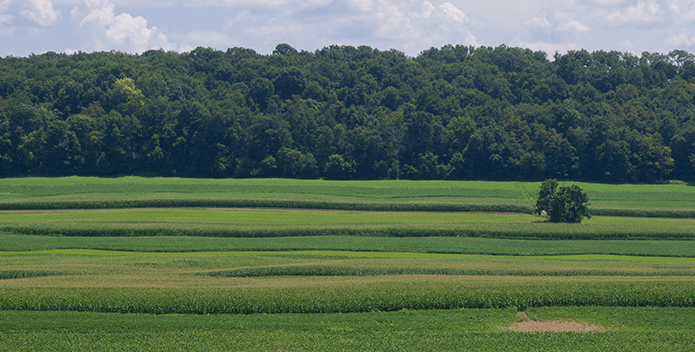In the early 2000s, the Chesapeake Bay Foundation successfully led a coalition advocating for legislation to establish REAP in July 2007, and the program became effective in October of the same year.
But we didn't stop there.
Every year, CBF fights to ensure that the state budget continues to allocate sufficient funds.
What is REAP?
REAP tax credits offset 50 to 75 percent of the costs of cover crops, forested streamside buffers, filter strips, barnyard improvements, grassed waterways, manure storage systems, composting and alternative manure treatment practices, conservation and nutrient/manure management plans, management intensive grazing systems, and other practices.
The tax credits are awarded after the practice installation or equipment purchase and may be used against Pennsylvania personal income tax or other state taxes for up to 15 years. The credit may be sold to other taxpayers, and brokers may handle these sales.
Applications and guidelines can be found on the Pennsylvania Department of Agriculture website.
For more information, contact your County Conservation District.



